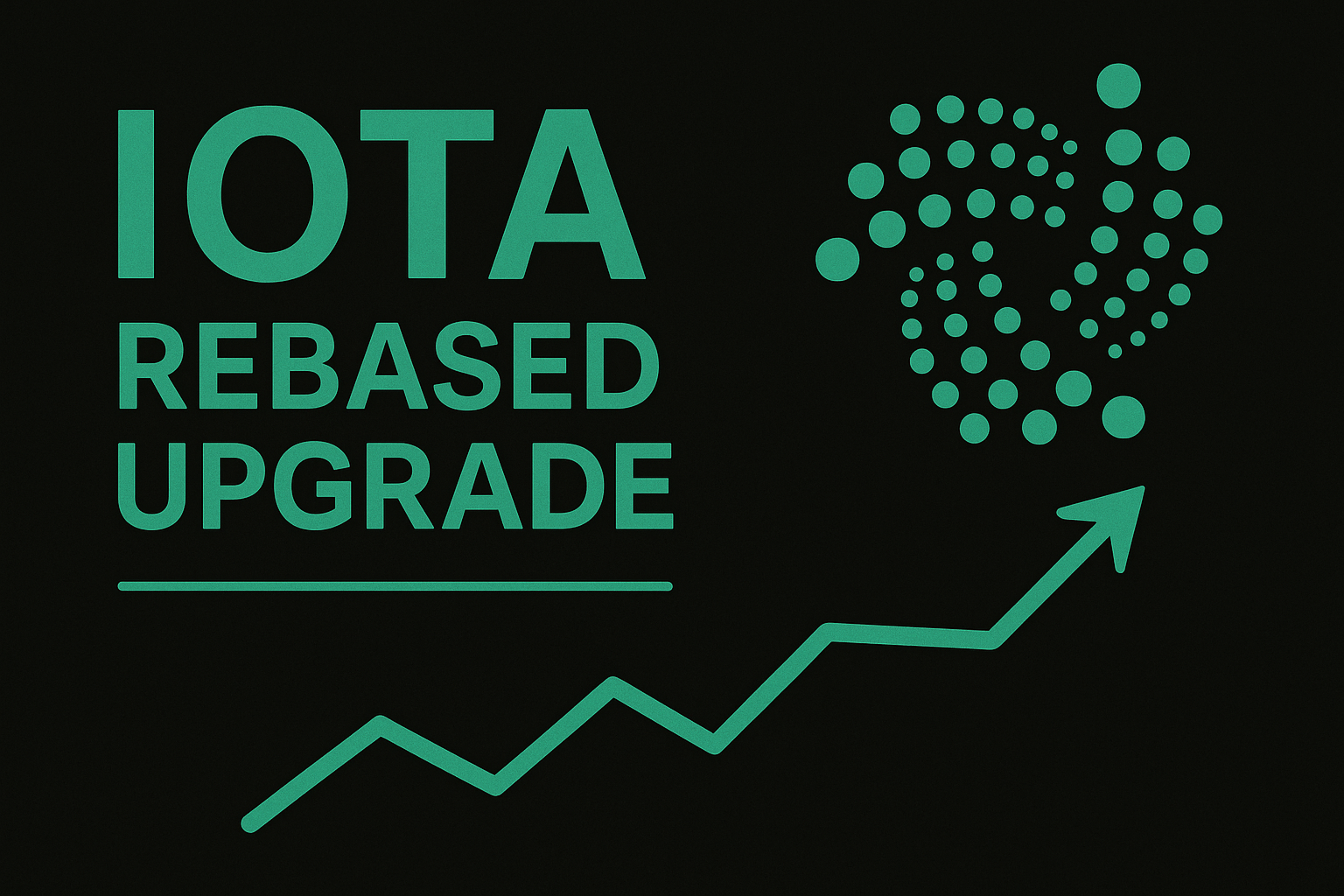
- Polygons Heimdall 2 Upgrade In the test network, the transaction duration shortens to five seconds and paves the way for more data throughput.
- Despite the severe decline in daily sales and a neutral assessment of Coinmarketcap, the pole token is robust with constant price gains.
The technical transformation of polygon has entered a new phase this week with the use of Heimdall 2 in the Amoy test network. This begins an important migration process that could redefine the network performance. While the developers and validers start testing this important upgrade, all eyes are aimed at the possible effects on the pole token and the general polygon network in front of the expected MINNENE release.
The start of Heimdall 2 in the Amoy test network is an important technical milestone for polygon. This upgrade, which brings with a number of technical improvements, focuses on accelerating transaction processing and strengthening consensus reliability. One of the most important changes is the shortening of the transaction duration of 90 seconds to just five seconds, which could affect the user experience and the efficiency of the network.
The migration, which is based on the PIP-62 proposal, contains the import of genesis data from the previous version to protect the consistency of validator sets and state data.
Polygon PoS Heimdall v.2 Migration: Released on Amoy Testnet.
Improvements
PIP-62: Migration from Heimdall v.1 to v.2 with genesis data imported
PIP-43: upgrading consensus layer with CometBFT to streamline transaction processing, improve state synchronization, and allow more…— Polygon Foundation (@0xPolygonFdn) June 27, 2025
Further suggestions for improving the protocol are also implemented as part of this migration. PIP-43 improves the consensus mechanism with Cometbft, which should accelerate transaction processing and improve status synchronization. In the meantime, PIP-44 depends on the improvement of dependencies with the Cosmos SDK to improve security and performance.
The test network phase will enable the polygon team to monitor the upgrades and to make adjustments to the main network before the rollout, which is expected in one or two weeks.
Scaling goals and milestones of the roadmap
Polygon has sketched an intensive plan for scaling the network throughput to a new level. According to the project documentation, the first major goal is to achieve 1,000 transactions per second (TPS) by July, which coincides with the introduction of Heimdall V2 in the main network. The network also aims to shorten the transaction duration to about five seconds and to stabilize the gas fees – important goals for users who want faster and better predictable transactions.
In addition, Polygon is planning the integration of AGGLAYER by October 2025, which enable seamless cross-chain liquidity, can achieve block times of one second and eliminate the risk of chain structure. With these upgrades, Polygon is aiming for 5,000 TPs in a development environment and positions itself to scale over time to 100,000 TPs over time, an increase that would significantly expand its capacity for global on-chain transactions.
Pol token retains its profits despite the fluctuating sales
The market data at the time of the creation of this article show that the pole-token-formerly Matic-recorded an increase of $ 0.1750. The market capitalization of the token rose to $ 1.82 billion. Despite the price increase, the daily trade volume fell by more than 15 % and amounted to $ 91.8 million based on a circulating range of 10.45 billion tokens.
During the trading session, the polarity fluctuated, fell under the opening level for a short time and quickly recovered over $ 0.1760. In the afternoon, the token stabilized at around $ 0.175, although the “profile score” from Coinmarketcap showed a neutral value of 48 %.






No Comments